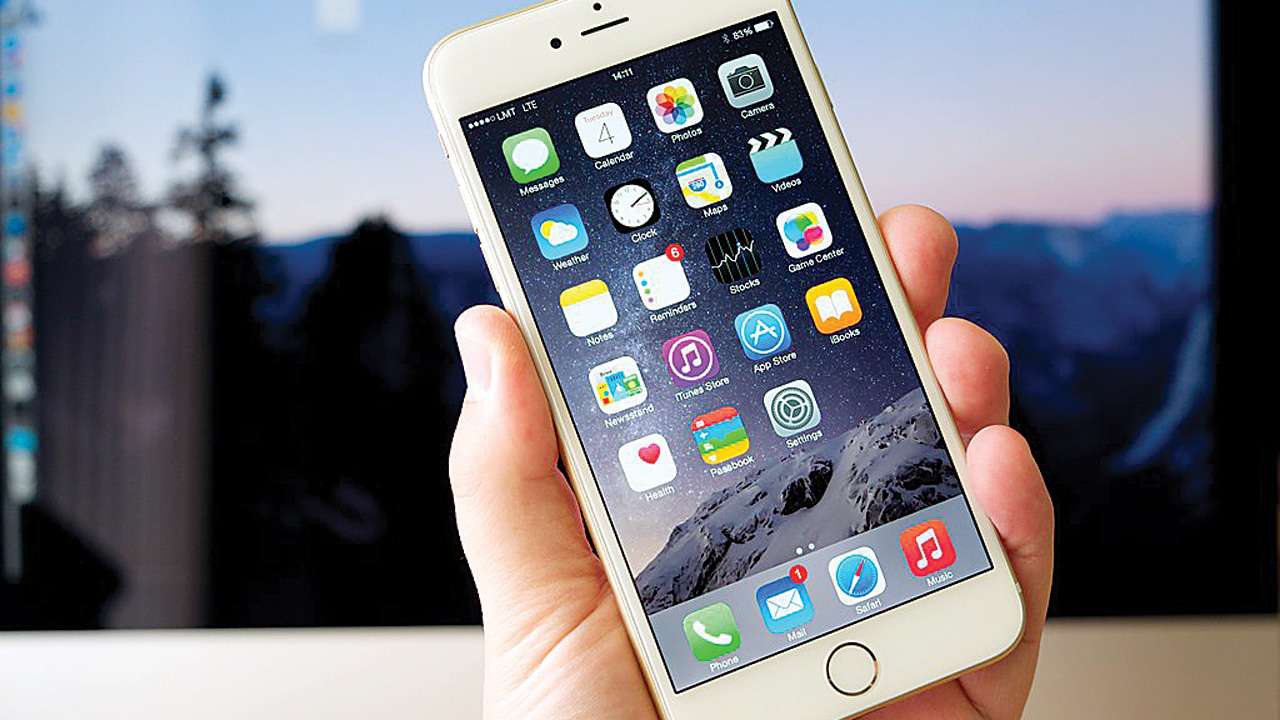
Last week on May 13th, the United States Supreme Court in the case "Apple v. Pepper" decided against Apple and allowed consumers to sue Apple for creating a monopoly over the apps through its Apps Store. This is a major blow to Apple's business model regarding keeping the apps tightly in its control and making the consumers pay through the nose for using them.
In contrast the Android apps are available for free and are easily downloaded by consumers all over the world. It is debatable whether the apps used by Apple are better than the freely available apps. Most of them are commonly available but Apple users have to pay for them. There are die-hard fans of Apple products who, as brand loyalists, just stick to Apple, even if they have to pay a substantial amount for the brand. It has been observed by market experts that when Apple had launched the iPhone in 2007, it was the market leader and the pioneer. Within a year's time, it started offering apps – which truly make a smartphone worth carrying and using – through its dedicated App Store, which offers more than two million apps presently.
By contract or by technological tools, Apple prevents its users to download apps from any source, other than Apps Store. These apps are not created by Apple, but are created by independent app developers, who can offer to sell them to consumers at Apps Store only by paying a fee to Apple. However, when the consumers download the app from the Apps Store, they need to pay to Apple, which keeps a certain amount – 30% – and the app developer gets the remaining 70%. Thus, for every transaction, Apple gets a commission – or, call it by any name – of 30% for doing nothing at all. All this makes the consumers pay hefty charges for apps. The price for apps is determined by the app creators, however, Apple keeps a subtle control on the pricing and ensures that the consumers have to pay a respectable sum of money.
Apples argument has been that it is merely a facilitator and there is no direct contract between it and the consumer for the apps downloaded, as it was a direct legal relationship between the consumer and the specific app developer. This argument did not cut much ice with the Supreme Court and the judges decided, though by 5-4 majority, that Apple has a relationship with the consumers as the payment is made to Apple and it is the company which manages the Apps Store. Thus, directly or indirectly, it is Apple which controls the pricing of apps.
It is rather surprising that Apple has been able to continue with the exclusivity model which leaves consumers with only two choices – either buy the app from Apps Store, or don't buy it. Therefore, it is obviously a monopoly created by Apple and in a market where supply of apps is steady and overwhelming, the tight control exercised by Apple and accepted by consumers is unfathomable. Gone are the days, ten years ago, when apps were a novelty and Apple had pioneered them. With the very fast development taking place in smartphone technology and usage of apps all over the world, the restrictions imposed on consumers and app creators seem to be anachronistic. Legal download of apps keeps the conscience of consumers clear, and trapping loyal Apple consumers to the Apps Store is eroding the differentiating factor of Apple's iPhones.
Consumers, world-wide, are getting smarter and are not willing to accept that Apple is always superior to other smartphone companies. Somehow Apple has not been able to push the imaginative frontier to a distinct level so as to keep competition far away. Android smartphones have convincingly bridged the gap to a large extent between them and Apple. In this situation, it is impractical and unreasonable to charge heavy sums for apps. Making them freely available on its own at this juncture shall be a good business strategy for Apple. Otherwise, the courts will make the company do the same by legal diktats. There is no place for monopolies in the fast evolving business world.
The author is a professor at IIM-A,
akagarwal@iima.ac.in